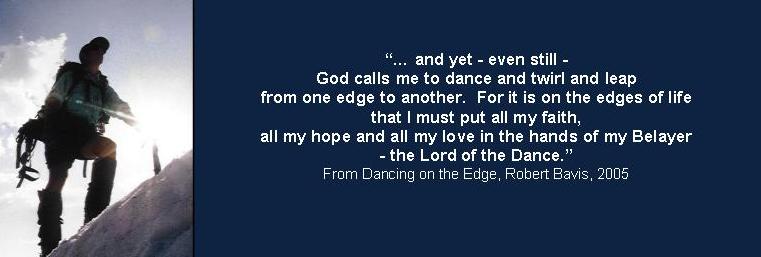
An educator's "prime directive" is to facilitate their students' learning. To do so, the educator must not only have and use the appropriate tools and techniques but also have the wisdom to know which and how to use them.
The theme of this week's lesson is the impact of technology on learning in online environments. Of the several assigned readings, I was most challenged by John Rothfork's review on Hubert L Dreyfus's book. The topic of "communities of learning" sparked and catalyzes my thoughts on how we best learn and whether or not technology-based virtual communities are in some way as effective as "real" communities (i.e. for promoting learning).
I believe that the enigmatic concept of "existential learning" versus communal or virtual communal learning -for example (addressed in part by Dreyfus, Rothfork and Kierkegaard) is an arguably challenging but necessary place to start BEFORE deciding what are the best and most effective"best practices" (e.g. utilizing technology to mediate learning)
What is the 'endpoint" of education? Is it the acquisition of knowledge for its own sake? Is it a means to an end? If so, what "end"? Is it an existential (solo) journey or a communal pilgrimage?
Pragma asks (in part) which are the best tools, techniques and delivery systems to assure the maximization of learning. Ethos asks (in part) what is the right way to contextualize learning? In the context of this assignment, my self-rhetoric asks, "Can we learn what we really need to learn outside of "community?" Ethos asks, "Should we try?"
To the point...if it's best to learn from within "community", than does virtual interaction constitute "community". In my personal experience at UMass, I would characterize my virtual community interactions as existential in nature. I write a blog for a disembodied community without actually being or feeling an integral part of that community. I am not necessary. I have no real ownership of and no real accountability to the virtual community. HOWEVER, that's not to say the interactions have no value!
I can utilize the virtual community for my intellectual, informational gain but I am not really "in community". Others can come to "know" me in part but I can never be "known" as I step in and out of virtual communities. [**Read Parker Palmer's book: To Know as we are Known**excellent, excellent book for educators and especially relevant to the topic at hand]
So, where do my existential mental meanderings lead me? As a card-carrying constructivist, I can agree discussion boards, "live classrooms", email, wikis, etc. can certainly be of value for distance learners but when push comes to shove, the best place for anyone to learn is from within a real "flesh and blood", "push/pull" community of co-learners. So what is YOUR ethic of education and endpoint?

